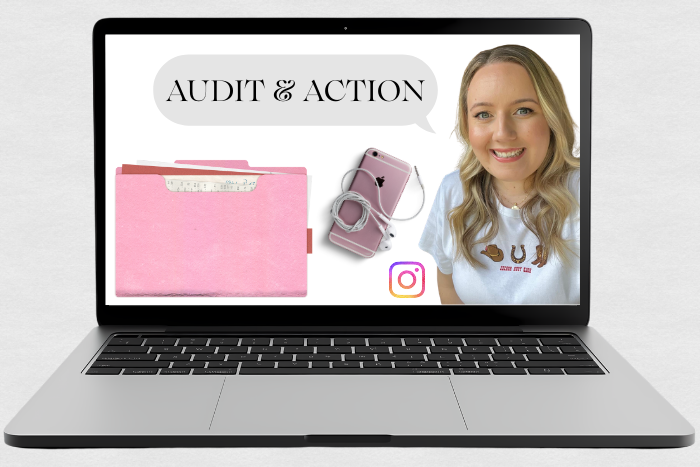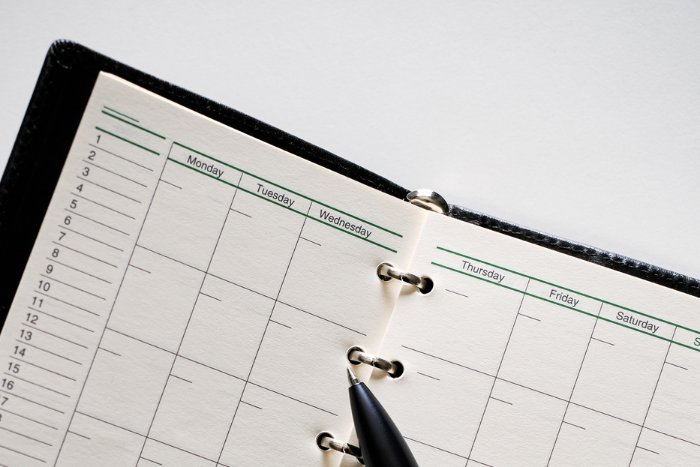Online Accounts
Bridal Buyer’s tech guru, Chris Partridge, takes a look at the software your business needs to help get your money in order
Almost everyone these days prepares their accounts on their computer, but many are still stuck in the world of the spreadsheet.
For them, getting ready for digital taxes presents an opportunity to upgrade to more powerful specialist accounts software that will not only communicate automatically with HMRC’s systems but can automate many tedious tasks such as invoicing, inventory and expenses. Some packages even help with payroll.
Integrated accounts software also include handy reporting tools that make monitoring cash flow and profit and loss easy, enabling you to tackle problems before they become disasters.
Read More: Your Guide to End of Year Taxes
Software Systems
Accountancy systems these days are cloud-based, which means they operate on huge computers located somewhere in the world, connecting to you over the internet. This means you will need a broadband or a mobile data connection.
The latter is probably too expensive to use except in an emergency, but when 5G networks go live over the next few years, this may change.
Most cloud software works in a browser on a computer, or on an app if you are using a mobile phone or tablet. The main advantage of cloud computing is that you get access to powerful computers running the latest version of the software, so there’s no need to install updates.
Another is data security, with encrypted communications and data stored in several locations, so if one of the data centres is out of action, your data can be recovered from another. It is also easy to allow qualified employees and your accountant to log on to your account, so you can all work on it. No more emailing vast spreadsheets around!
Choosing the right accounts software can be a challenge, however. The first step is to look at the HMRC website for the official list that are compatible with Make Tax Digital. There is no point in investing good money in a system that won’t file your tax returns at the press of a button.
Read More: How to Choose an Accountant
Making a Choice
Choose a system that’s tailored to your type of business. Software is available for single shops, small retail chains and even sole traders, with features and prices catering for the special requirements of each. Some are even completely free.
The obvious first place to look is the granddaddy of computer accounts software, Sage. Its cloud offering for small businesses, Sage One, includes all the features a small business needs including sales, purchasing, invoice tracking, banking, as well as payroll options.
With a company as big as Sage, you can be confident the software will be able to cope with any changes in tax law in good time. Prices start at £6 a month depending on the features you need.
Zoho Books is an easy to use but powerful accounts suite that helps at every stage from the sale to the payment, including useful stuff like recording billable hours. It links to your bank account and the taxman.
One big reason for choosing Zoho is that Books works with all the company’s other products, including customer relationship management and an office suite, so it may be possible to fulfil all your IT needs with just the one supplier.
The basic package is £6 per organization per month, and for single users, it’s free.
New Zealand-based Xero has also become very popular recently because of its ease of use and power. It reduces manual data entry with automatic bank reconciliation and can sync with third-party apps inducing point-of-sale, inventory, e-commerce and so on, to further reduce the need to send data from system to system.
It also includes payroll. Prices start at £10 a month.
Read More: Special Business Services for Bridalwear Retailers
Intruit was one of the pioneers of accounting software and its QuickBooks system has been the foundation of many businesses.
Now it is based in the cloud, QuickBooks makes a big thing about the ease of migration from outdated systems such as spreadsheets, the previous QuickBooks desktop computer software and (cheekily) Sage 50.
Telephone support is available to help the process along. QuickBooks starts at £6 a month.
For the freelancers such as wedding photographers, Free Agent is a powerful possibility. Based in the UK with all its data centres in this country, it focuses on tasks like invoicing, time tracking and expenses management, and includes help from support accountants available on live chat, email or phone.
If your accounts are straightforward, you can do your self-assessment form yourself without too much stress. Sole traders pay £19 a month.
However, according to an accountant friend of mine, the essential thing is simplicity. A surprising number of small businesses still operate by keeping all invoices and expenses on bits of paper in a shoebox, sending the lot to their accountant at the end of the financial year.
For them, a spreadsheet might be a significant and worthwhile upgrade.
If you found this advice helpful why not read our piece on everything you need to know about updated business rates.










